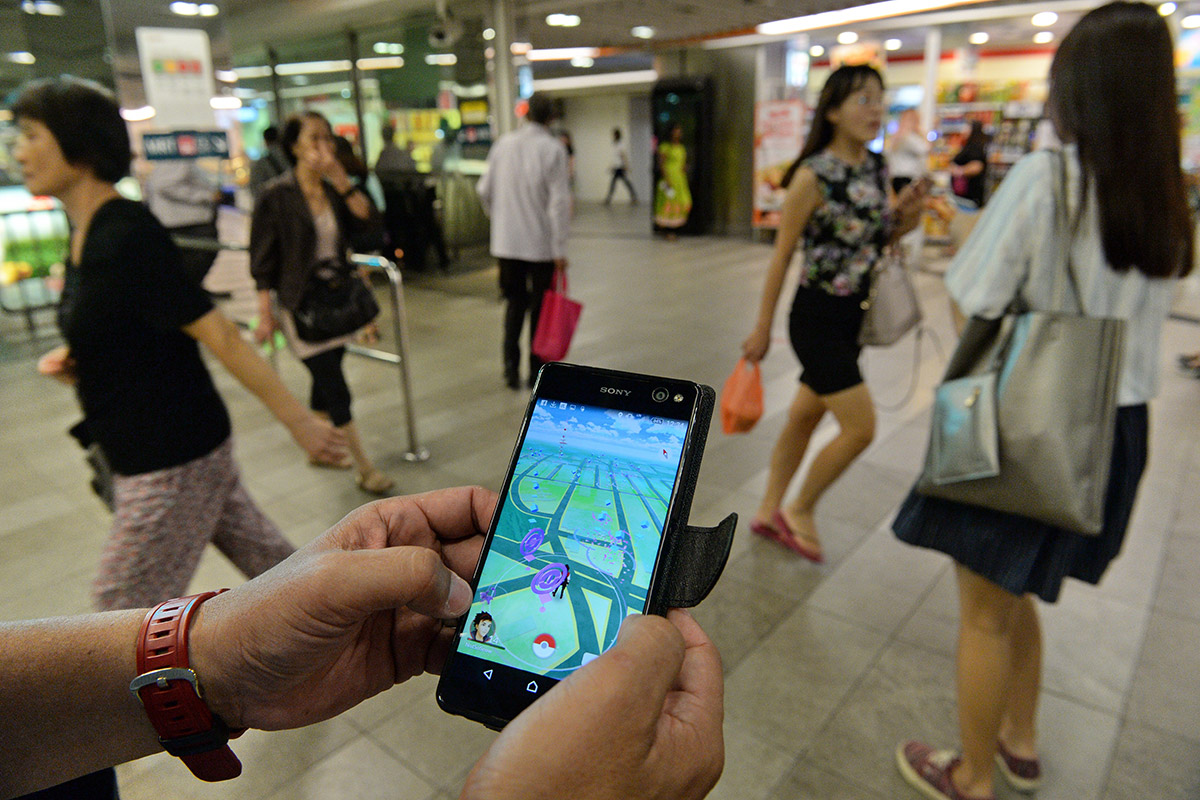Singapore Telecommunications Ltd. was around back when the telegraph was still cool. Now the 139-year-old company is experimenting with video games as a way to raise its profile with millennials.
The telecom giant yesterday announced it plans to start a competitive gaming league this year and will eventually sponsor its own team. Esports may already be big business in markets ranging from the United States (US) to China, but it’s going to be bigger. Goldman Sachs Group Inc. estimates global sales will reach US$3 billion annually by 2022, with an audience that rivals the current viewership of the National Football League in the US.
The foray into gaming is the brainchild of Arthur Lang, the former Morgan Stanley banker who took over Singtel’s international operations last April, looking to diversify from traditional businesses where competition is toughening. City regulators in 2016 granted a fourth telecom license to rival TPG Telecom Ltd. and streaming services like Netflix Inc. are pulling viewers away from Singtel’s television channels.
“Singtel needs to find something beyond the pure carrier business,” said Sachin Mittal, an analyst at DBS Group Holdings Ltd. “I think they’re moving in the right direction, but the gestation period for these new businesses is long.”
To remake itself, Singtel has bought cyber security and digital marketing businesses, but it still gets about 76 percent of its sales from telecom services. The shares have lost more than a quarter of their value since their 2015 peak, although they’ve had a bounce in the last week as investors snapped up defensive shares amid trade-war jitters.
Lang, 46, said he doesn’t play video games, but in an interview last week at Singtel’s headquarters, he laid out a rationale for the new venture.
“This is really an effort to engage our customers,” he said. Esports are becoming mainstream and will draw in millennials, who make up most of the region’s 600 million subscribers, he said.
Lang started making moves soon after coming over from property developer CapitaLand Ltd., where he was chief financial officer. In November, he signed a deal that made Singtel the only provider in Asia offering Razer Inc.’s gaming smartphone at retail stores.
In March, he announced a plan to connect all of Singtel’s mobile wallet services in a single network, so customers will be able to use their phones to make payments at shops just about anywhere in Southeast Asia.
“I knew after even a month of visiting these companies, there was something we had to do,” he said, referring to Singtel’s subsidiaries in Indonesia, Philippines, Thailand and India. “If we want to target the millennial customer, how we can engage them more is really talking about new content.”
One model for the gaming plan came from South Korea, where SK Telecom Co. has been using esports as a marketing tool for years, sponsoring a team that dominates play in “League of Legends,” a game that last year attracted 58 million viewers for its world finals.
Singtel is starting its gaming push by holding its first regional esports championship in early October at Singapore’s Suntec convention centre, with the event broadcast on its channels and partner platforms. The company plans to sell 3,000 tickets for the 3-day tournament.
Players will compete for a prize pool of US$300,000 and games will include Tencent Holdings Ltd.’s “Honour of Kings,” Valve Corp.’s “Dota 2,” and Activision Blizzard Inc.’s “Hearthstone.” The plan is to add more tournaments each year.
Singtel also said it will be recruiting a team to represent Singapore in international competitions, such as the 2022 Asian Games in Hangzhou, China, where gaming will be a medal sport along with swimming, soccer, and track and field events.
Lang declined to say how much money Singtel had budgeted for the project, but he currently has nine employees working to get the business off the ground.
“Customers today don’t treat their mobile phones as just a communication device, they look at their mobile phones as an entertainment device,” he said. “If we telcos don’t do anything about it, I think we’ll just be side-lined.” - Bloomberg
